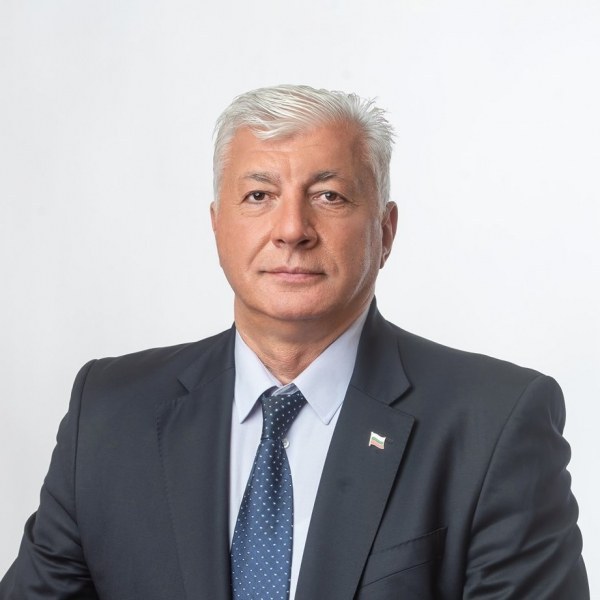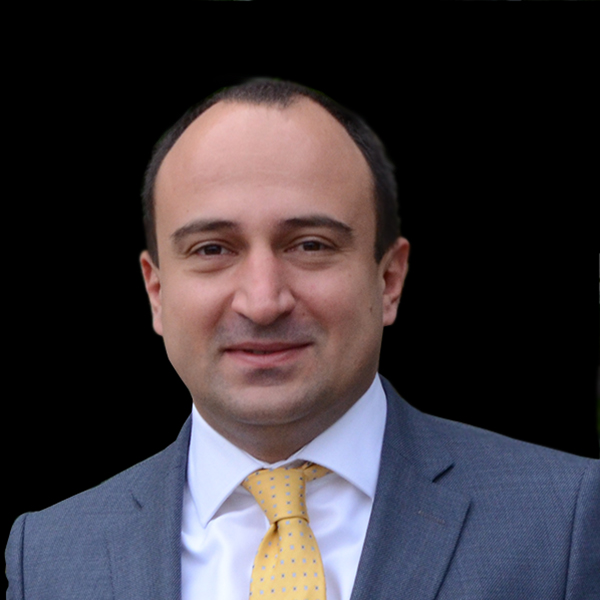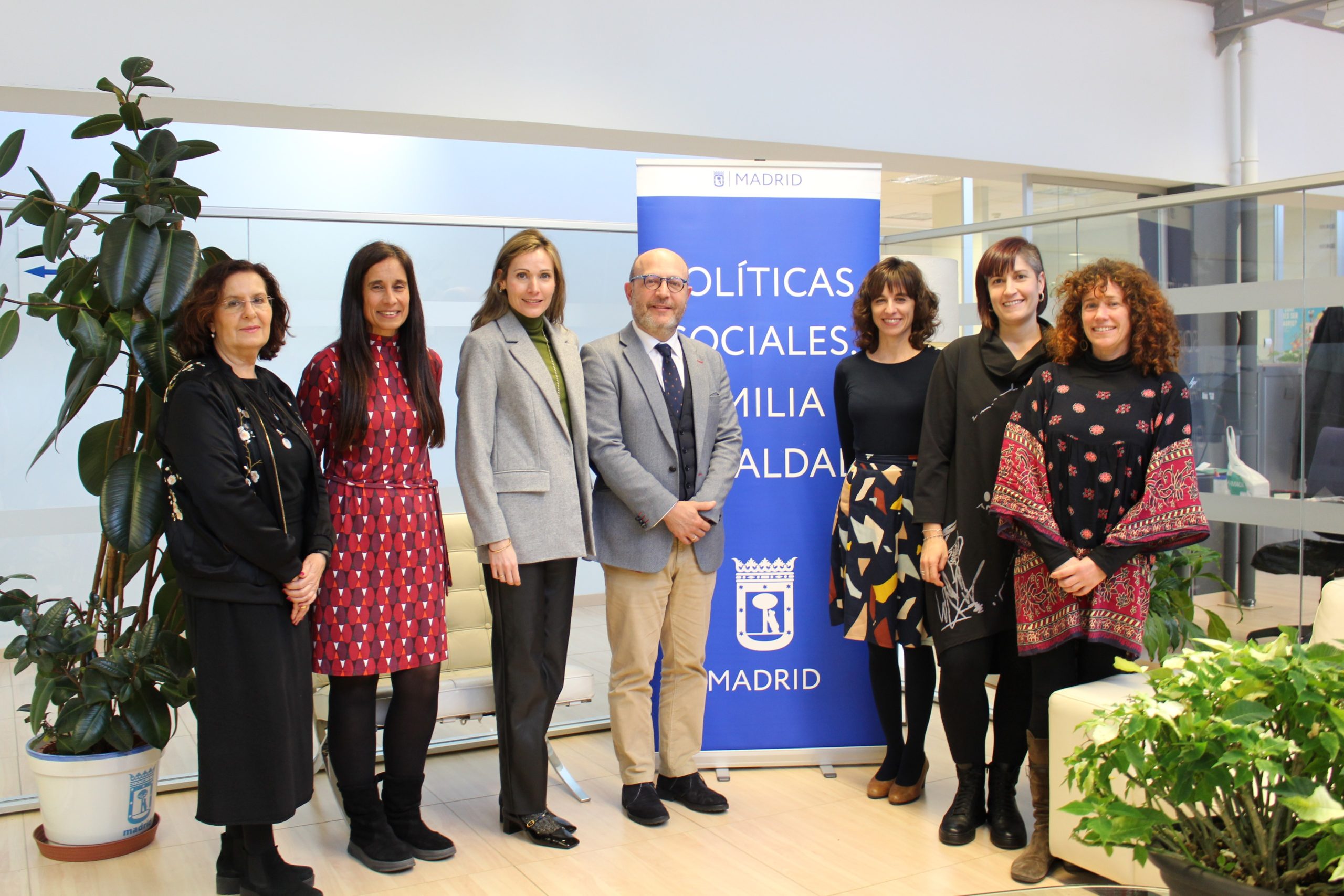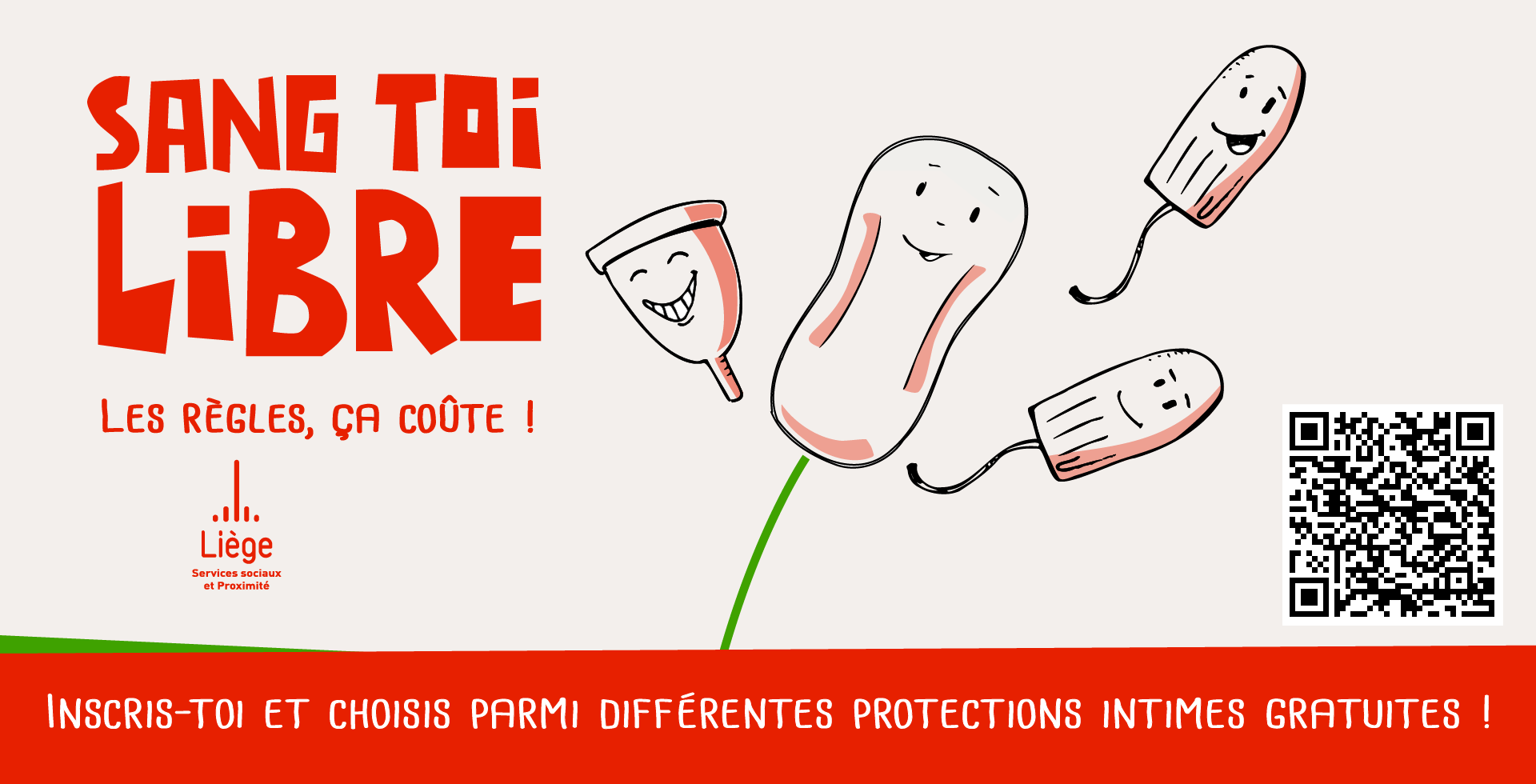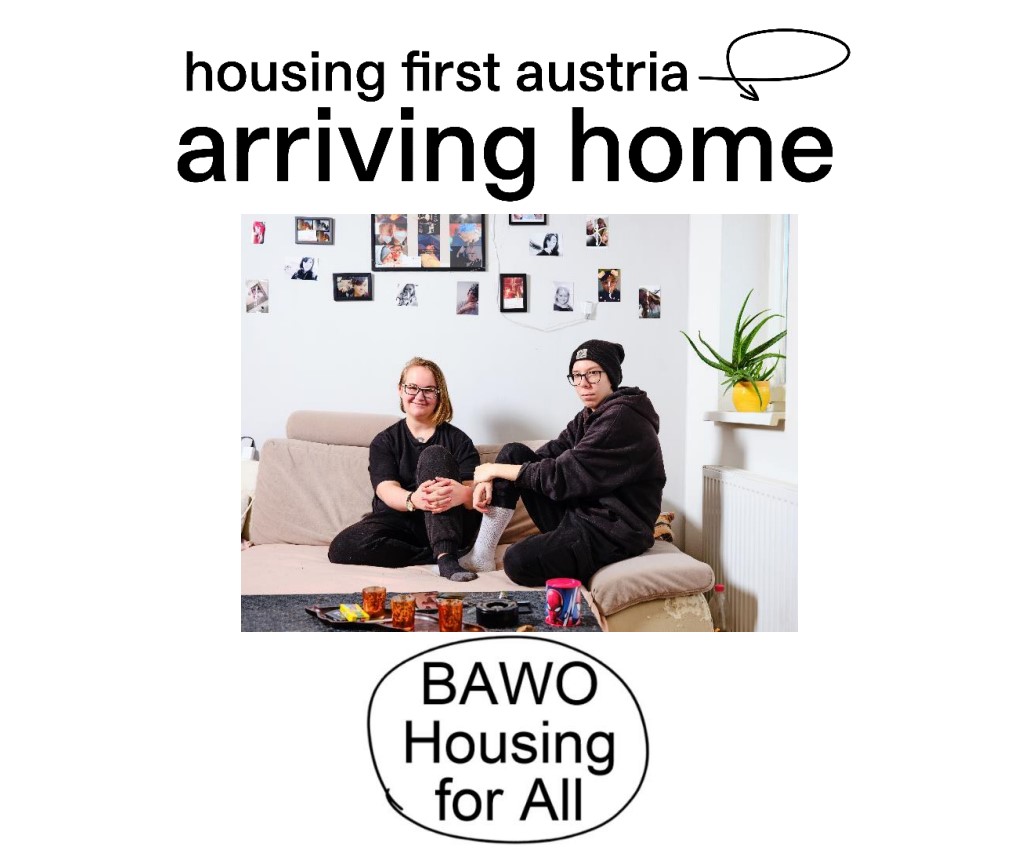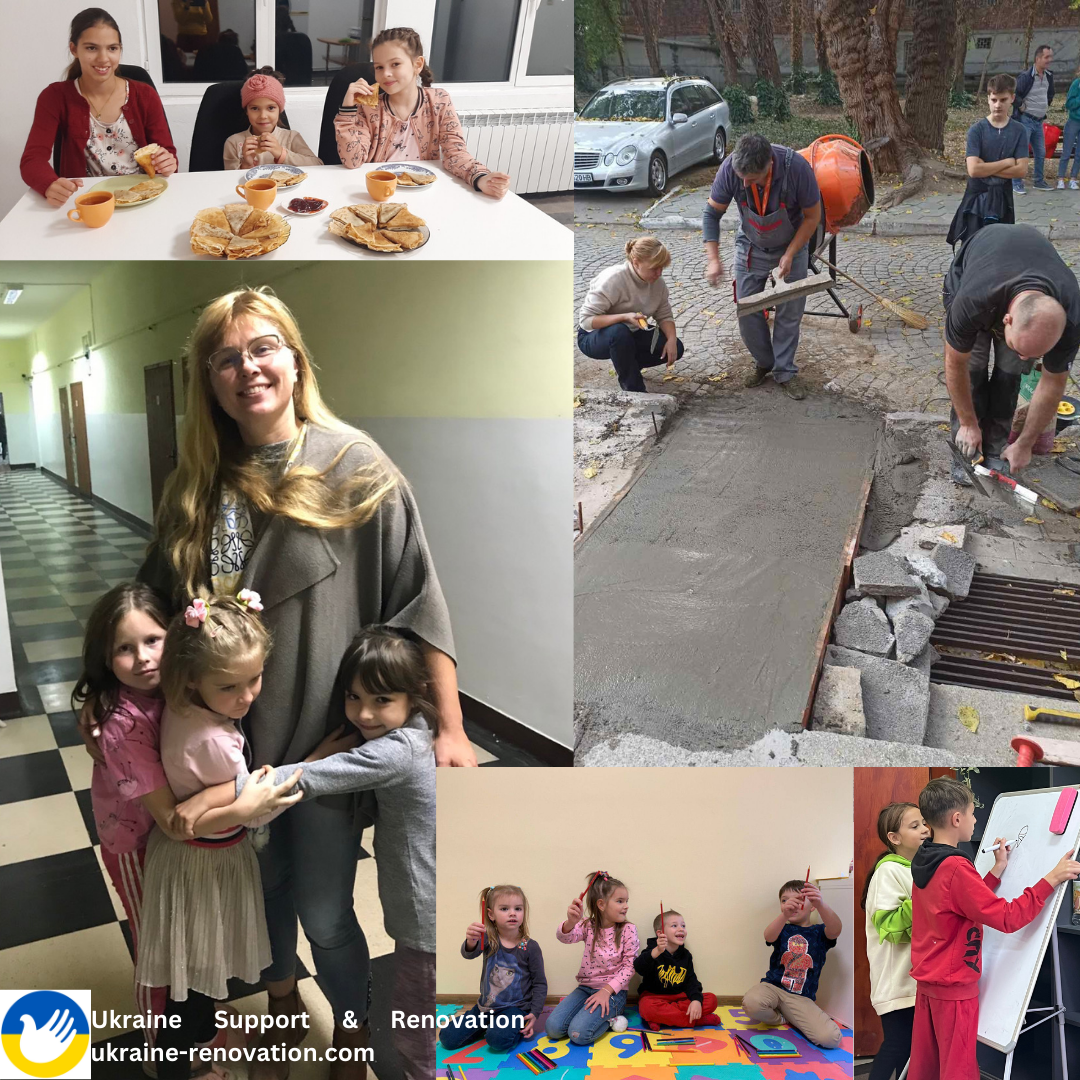 © Ukraine Support & Renovation
© Ukraine Support & RenovationA collaborative effort involving a broad stakeholder network created this innovative integration programme in Plovdiv, which has provided accommodation and services to nearly 5000 Ukrainian refugees.
REFUGEES SEEK SHELTER IN PLOVDIV
The war in Ukraine led to over 6000 refugees seeking shelter in Plovdiv, putting pressure on the city's infrastructure and public services. The lack of a state-funded integration programme and a cohesive administrative structure for addressing these issues created a need for an innovative local solution. This led to Plovdiv Municipality establishing an innovative integration service package in cross-sectoral collaboration with civil-society organisations and the business sector.
PROVIDING PRACTICAL AND EMOTIONAL SUPPORT
Among other services, the package involves transforming a former hospital into an accommodation and integration facility for Ukrainian refugees. The municipality provides the premises, hot food, day-care centres, covers overhead costs, and supports access to labour markets and social programmes. Civil-society organisations provide relief supplies and cash-based assistance, while the business sector promotes economic opportunities and job creation. The driving force behind the centre is the local NGO, Ukraine Support and Renovation, which provides practical and emotional support to refugees and enables them to transition to self-reliance within two months on average. The refugee centre focuses on helping the poorest and most vulnerable people, especially those seeking work.
INTEGRATED SUPPORT PROMOTES SELF RELIANCE
At any given time, the centre in Plovdiv accommodates up to 200 Ukrainian refugees. Since opening in June 2022, more than 5000 people have received support and integrated into local life. Additionally, every month more than 500 children and adults receive psychological and emotional support through both on- and off-line services. These efforts provide refugees with a place of safety, an immediate assistance network, and an accelerated path to education, career, and income opportunities. The project creates multi-sectoral synergies that go beyond the capabilities of any individual stakeholder or authority, resulting in refugees becoming self-reliant. The model supplements existing policies, especially in areas of procedural and logistical bottlenecks, and supports refugees' autonomy in the host country. The centre continues to expand its services, establishing a network of support and a sense of belonging for Ukrainian refugees of all ages.
